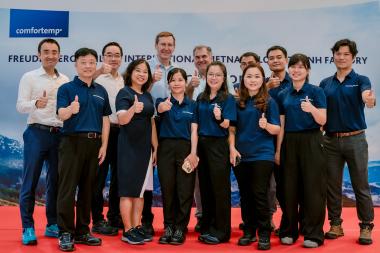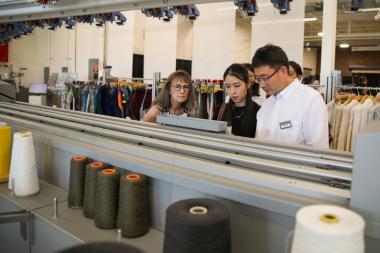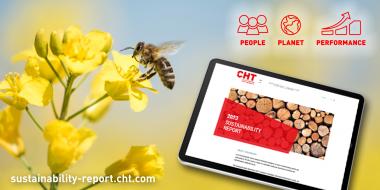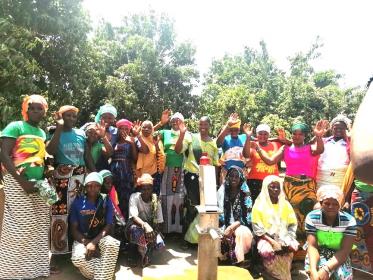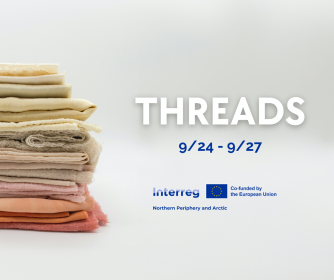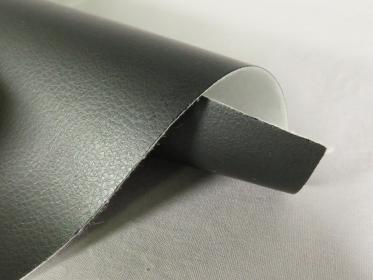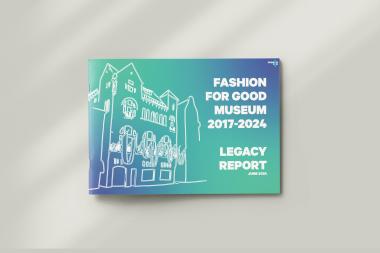Indorama Ventures joins T-REX Project
Indorama Ventures Public Company Limited announces its role in the T-REX (Textile Recycling Excellence) Project. This initiative aims to establish a harmonized EU blueprint for the closed-loop sorting and recycling of household textile waste to help the fashion industry transition towards a more circular and sustainable future. By bringing together key stakeholders across the entire value chain, the project positions itself at the forefront of sustainable innovation.
The designated spinning partner, Indorama Ventures, will process the chemical recycled feedstock into polyester yarns and fibers through the extrusion process, ensuring the elimination of impurities. The company’s participation in the project also aligns with its goals of driving the circular economy and circular fashion industry through PET recycling and supply of recycled materials, underscoring its commitment to sustainability.
The T-REX Project launched with the aim of creating a harmonised blueprint which will support the creation of a circular system for post-consumer textile waste within Europe. The EU funded project brings together a consortium of 13 major players from across the entire value chain along with research institutes to transform end-of-use textiles from waste into valuable feedstock and a commodity for new business models that can be adopted at scale.
Indorama Ventures Public Company Limited











